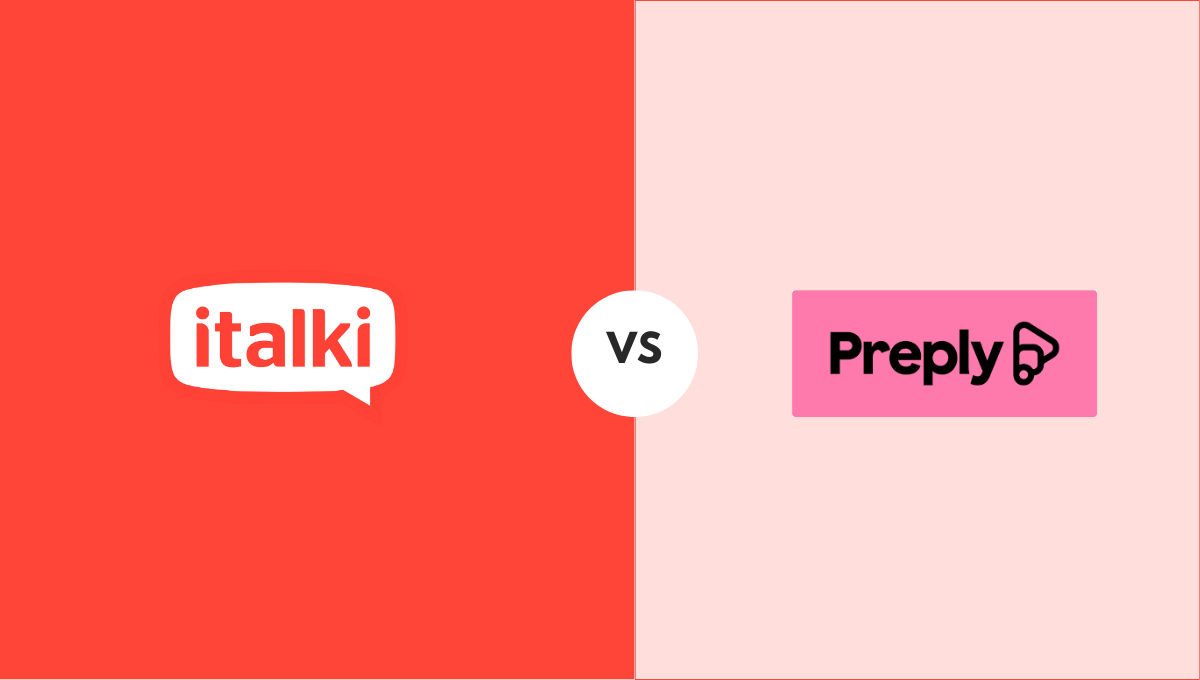Knowing the names of months in French can be extremely useful whether you are on a business trip or vacationing in a French-speaking country. This guide will teach you how to write, pronounce, and use the 12 months in French.
To begin, let us learn how to say “months” in French (the word “mois”). “mois” is pronounced /mwa/, /mw/ in the International Phonetic Alphabet (IPA). “Mois” is pronounced the same as “moi,” which means “me” in French. If you have been studying French for a while, you are probably aware that it’s a language with a lot of homophones.
| Months in English | Mois en français | IPA pronunciation | Pronunciation for native English speakers |
| January | janvier | /ʒɑ̃vje/ | jahn-veeay |
| February | février | /fevʀije/ | fay-vreeay |
| March | mars | /maʀs/ | mahrs |
| April | avril | /avʀil/ | ah-vreel |
| May | mai | /mɛ/ | may |
| June | juin | /ʒɥɛ̃/ | jwehn |
| July | juillet | /ʒɥijɛ/ | jwee-ay |
| August | août | /u(t)/ | ah-oot |
| September | septembre | /sɛptɑ̃bʀ/ | sep-tahm-br |
| October | octobre | /ɔktɔbʀ/ | oc-toe-br |
| November | novembre | /nɔvɑ̃bʀ/ | no-vehm-br |
| December | décembre | /desɑ̃bʀ/ | day-sehm-br |
While you are at it, you might want to learn days of week in French and be able to write numbers and dates in French.

Learn French on italki
Join the global community of language learners today! Sign up for italki and start improving your language skills with native-speaking teachers from around the world.
Create an italki account
More about the months of the year in French
January
The first month of the year is January. Le Jour de l’An – New Year’s Day – is the first day of the first month of the year. The start of the New Year is celebrated on that day, as it is in most cultures around the world. France has a public holiday.

February
February is unique in that it only has 28 or 29 days once every four years during a leap year. The month also includes Valentine’s Day (la Saint Valentin) to celebrate romantic couples’ love, as well as Candlemas (La Chandeleur) on February 2nd, which is a day in France dedicated to eating crêpes.

March
Did you know that in the earliest Roman calendar, March is the first month of the year? It was named after the Roman God of War, Mars. March marks the beginning of spring in France, but the country also experiences long days of rain known as les giboulées de mars.

April
The first of April is always fun-filled. Yes, it’s April Fools’ Day, when people may play practical jokes on their friends or family and then exclaim, “April Fools!” The French also participate in this yearly tradition, known in French as poisson d’avril, which literally translates to “April’s fish,” in which a paper fish is stuck on someone’s back.

May
International Labour Day (la Fête du Travail) is celebrated almost universally in France on May 1st.

June
The sixth month of the Gregorian calendar is June. The name is derived from the Latin term junius. The summer solstice occurs around June 21st, making June the first month of the year. It is also the year’s longest day.
July
July is a significant month in French history. It is the anniversary of the storming of the Bastille on July 14, 1789, and a key date in the country’s battle to overthrow the monarchy, marking the country’s independence. It is also a French national holiday. On this day, people in France buy Lily of the Valley as a tradition, and in Paris, people gather for a pacifist protest to support workers.

August
August is the hottest and stormiest month in France, particularly in the south. August is the month when the majority of French people go on vacation. Students will also have a good time during their second month of vacation.

The Assumption (L’Assomption) is celebrated on August 15th. Along with Christmas, the Ascension, and All Saints’ Day, the Assumption is a public holiday in France and is celebrated by many Catholics every year.
September
September signifies the start of autumn, but it also signals the end of summer vacation. Everyone returns to school and work. It is traditionally the first month of the school year following the annual summer vacation.

October
Although it is not as well known in France as it is in English-speaking countries, October is famous for Halloween, which is celebrated on October 31st to remember the dead. Children dress up in scary costumes such as ghosts or vampires and ring doorbells asking for treats with the phrase “Trick or treat!”

November
Winter begins in November. On November 11th, France commemorates Armistice Day (L’Armistice), the anniversary of the end of World War I. In France, this day is a national holiday.

December
December is the Gregorian calendar’s 12th and final month. The month of December is well-known for the year’s most important celebration: Christmas (Nol). It is an annual festival held on December 25th to commemorate the birth of Jesus.

People in France gather with their families on Christmas Eve, the evening of December 24th, to enjoy the Christmas feast and drink wine. This is a traditional French dinner that lasts several hours. Food is an important part of French Christmas traditions, and the 24th and 25th of December are typically a 48-hour marathon of eating, drinking, and spending time with family.
Now that you know the names of months in French, you also need to know four seasons in French. Basic French words play a major role in improving fluency as they help you improve your French vocabulary and pronunciation.
| Seasons in English | Saisons en français | IPA pronunciation | Pronunciation for native English speakers |
| Summer | l’été | /lete/ | l’ay-tay |
| Fall | l’automne | /lotɔn/ | l’o-tonn |
| Winter | l’hiver | /livɛʀ/ | l’ee-vare |
| Spring | le printemps | /lə pʀɛ̃tɑ̃/ | le prang-tong |
Top tips to remember months in French
Now that you have learned the names of the months in French, there are a few more things to remember to help you put what you’ve learned into practice.
– There is no need to capitalize the months, unlike in English.
– The word “month” is a masculine noun: le mois. In the plural, the spelling and pronunciation do not change: les mois.
– The format for writing a date in French is the following: Le 2 janvier (January 2nd).
– If you want to say “IN” a certain month, use en.
Learn French with italki
In this era of digitalization, learning French online can be the best decision you could ever make. If you are searching for an authentic online language learning platform to brush your French speaking and writing skills, look no further. Now, you can find the best online French teachers in italki.

Find Your Perfect Teacher
At italki, you can find your French tutor from all qualified and experienced teachers. Now experience the excellent language learning journey!
Book a trial lesson
These French tutors will help you improve your French vocabulary, pronunciation, grammar, and writing. You can book your lessons and start learning French at your preferred time. Don’t miss the opportunity to learn a second language with italki. Book your French lessons now!
Frequently asked questions
Q. Are the months of the year in French masculine or feminine?
A: The months of the year in French are masculine.
Q. Do months get capitalized in French?
A. Months are not capitalized in French unless they are at the beginning of a sentence, unlike in English. In French, the same rule applies to the days of the week.
Q. How do you abbreviate January in French?
A. Janv.
Conclusion
Now that you know the names of months in French, do not fear using them in your daily French conversations. Try watching French content to improve your vocabulary. For example, a large number of French podcasts can make you learn expressions such as good morning in French.
Use different online resources to learn this amazing language. If you want to take up online French learning sessions, get enrolled with italki!
Want to learn a language at italki?
Here are the best resources for you!




















